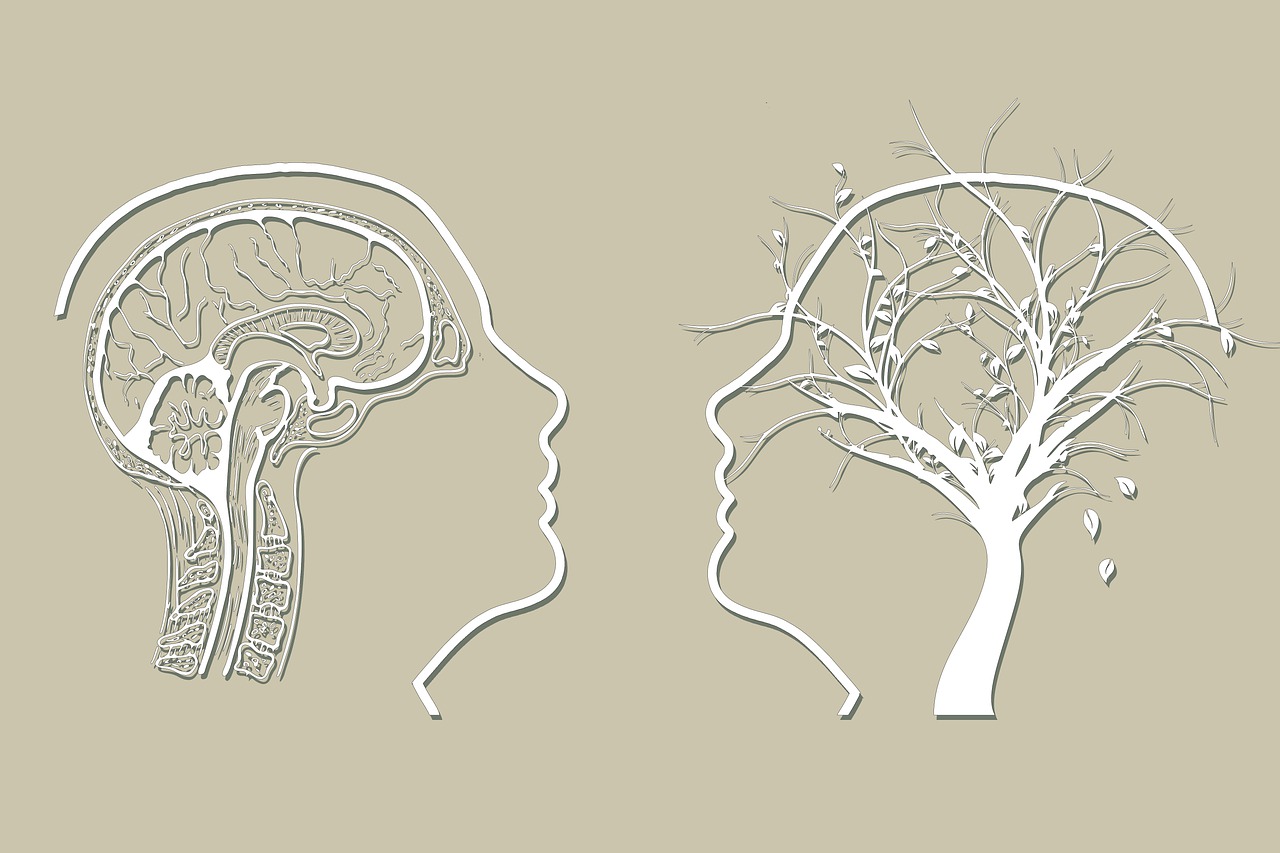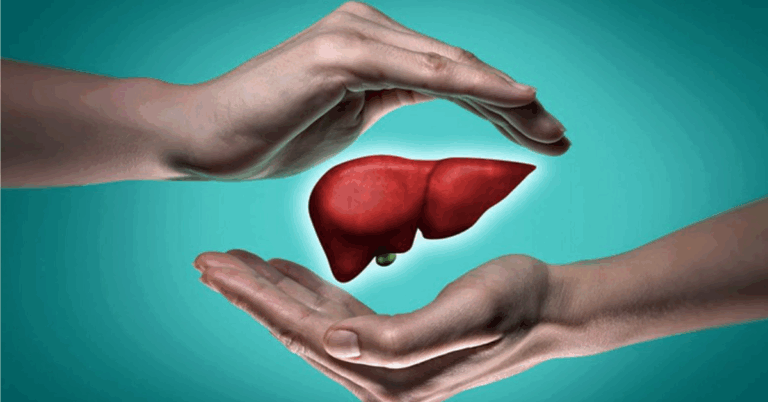Personalized Cancer Treatments: Targeted Therapies and Immunotherapies
Cancer is a complex disease that arises from genetic alterations in the cells of the body. These alterations can lead to uncontrolled growth and the ability to invade surrounding tissues. At a molecular level, these changes can be caused by a variety of factors, including exposure to carcinogens, inherited genetic mutations, or random errors in DNA replication.
Understanding the molecular mechanisms underlying cancer development is crucial for developing targeted therapies that can specifically target and eliminate cancer cells while sparing normal cells. Researchers continue to uncover the intricate pathways and signaling networks that drive cancer progression, offering new insights into potential treatment options. By dissecting the molecular events that drive cancer at a fundamental level, scientists aim to develop more effective and personalized treatment approaches for patients battling this devastating disease.
Identifying Genetic Mutations in Cancer Cells
Genetic mutations play a crucial role in the development and progression of cancer. These mutations can arise spontaneously or be inherited, leading to alterations in the DNA of cancer cells. Identifying these genetic abnormalities is essential for understanding the underlying mechanisms driving the growth of tumors and for developing targeted treatment strategies.
Advances in genomic technologies have revolutionized the field of cancer research, allowing scientists to identify specific genetic mutations present in cancer cells with unprecedented accuracy. By analyzing the genetic makeup of tumors, researchers can pinpoint the key mutations driving the cancer’s growth and metastasis. This knowledge paves the way for the development of personalized treatment approaches that target the specific genetic vulnerabilities of individual cancers.
• Genetic mutations are crucial in cancer development and progression
• Mutations can be spontaneous or inherited, leading to DNA alterations in cancer cells
• Identifying genetic abnormalities is essential for understanding tumor growth mechanisms
• Genomic technologies have revolutionized cancer research by pinpointing key mutations
• Personalized treatment approaches can target specific genetic vulnerabilities of cancers
The Role of Targeted Therapies in Cancer Treatment
Targeted therapies in cancer treatment have revolutionized how we approach the disease at a molecular level. By specifically targeting the genetic mutations present in cancer cells, these therapies aim to inhibit the growth and spread of the cancer while minimizing damage to healthy cells. This precision medicine approach allows for more effective and personalized treatment options for patients.
One of the key advantages of targeted therapies is their ability to tailor treatment plans based on the individual genetic makeup of each patient’s cancer. This targeted approach can lead to more successful outcomes with fewer side effects compared to traditional chemotherapy or radiation therapy. As we continue to uncover new genetic mutations driving cancer development, the role of targeted therapies in cancer treatment is expected to expand, offering hope for more effective and less toxic treatment options for patients.
What is the significance of understanding cancer at a molecular level?
Understanding cancer at a molecular level helps researchers identify specific genetic mutations that drive cancer growth, leading to the development of targeted therapies.
How are genetic mutations in cancer cells identified?
Genetic mutations in cancer cells are identified through genetic testing and sequencing of the tumor’s DN
What are targeted therapies in cancer treatment?
Targeted therapies are treatments that specifically target the genetic mutations or other molecular changes in cancer cells, while minimizing damage to normal cells.
How do targeted therapies differ from traditional chemotherapy?
Targeted therapies are more precise and targeted towards specific molecular pathways in cancer cells, whereas traditional chemotherapy targets all rapidly dividing cells in the body.
Are targeted therapies effective in treating all types of cancer?
Targeted therapies are more effective in some types of cancer that have specific genetic mutations, but may not be effective in all types of cancer. It is important to identify the right targeted therapy for each individual patient.







